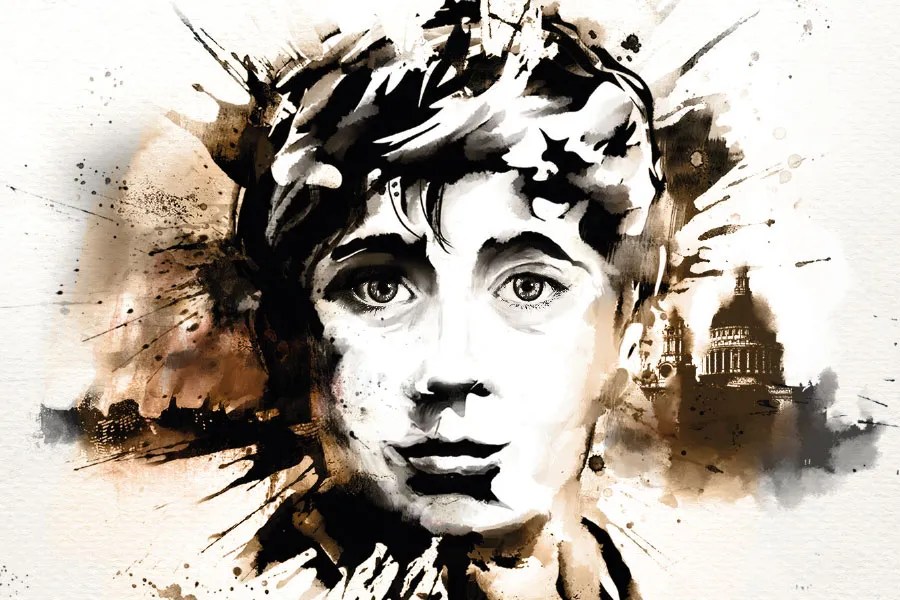Werther (Leeds)
At this distance of time it is difficult to understand the Werther-fever that afflicted the impressionable youth of Europe 200-plus years ago. Jules Massenet’s 1892 opera, written more than a century after Goethe’s novel, simplifies, but doesn’t distort, the story. Werther, a promising young diplomat, falls instantly in love with a village beauty, Charlotte, who is bringing up her young siblings after the death of her mother. Sadly for him she is about to marry the respectable (and somewhat older) Albert. Werther, too honourable to force his affections and too obsessed to leave for good, commits suicide. Thackeray, as the programme book reminds us, found the whole thing ridiculous. It’s a major task for a 21st production to stop the audience feeling similarly.
That the new Opera North production succeeds in this is beyond doubt. Of course it helps that the opera is cast from strength, with two outstanding principals and luxury casting in the smaller parts (helped in some cases by carry-overs into the cast of The Adventures of Mr. Broucek) and that Richard Farnes draws subtle and committed playing from his orchestra, from delicate solo lines for strings and woodwind to the hearty horn accompaniment to the drinking song to the mighty brass and percussion climaxes behind the agonies of love and death.
However, Tom Cairns’ production must also take a major share of the credit. These are not fantasy figures of romantic imagining. Hildegard Bechtler’s impressionist first act set and Amy Roberts’ attractively realistic costumes set the action in a contented, but unremarkable, early 20th century community. Donald Maxwell (Charlotte’s magistrate father) has few peers at spreading bonhomie and he is aided by a delightfully natural collection of children and the amiably irreverent drunks of Richard Burkhard and Joshua Ellicott in creating an atmosphere that is long on sentiment and charm, short on cloying sentimentality and forebodings of tragedy.
Similarly Paul Nilon (Werther) is not a naturally Byronic figure and both he and Alice Coote (a strictly duty-bound Charlotte) project more normality than excess. The third and fourth acts, played before an unforgiving angular set, become both more shocking and more convincing as a result. Coote graphically conveys Charlotte’s growing horror at the emotional forces she has unwittingly unleashed. Then after the return of Werther, the two climactic duets have an almost unbearable intensity, both musically and dramatically, with nuanced and passionate singing from both principals.
In support, Peter Savidge, still fresh-voiced all these years after he charmed Miss Magnolia off the “Cotton Blossom” in Show Boat, is a stalwart Albert, carefully neutral in any claims on the audience’s sympathy, and Fflur Wyn as Charlotte’s sister, all sweetness and animation in the first two acts, is a perfect complement to Alice Coote in her Act 3 agonies.
Ron Simpson










